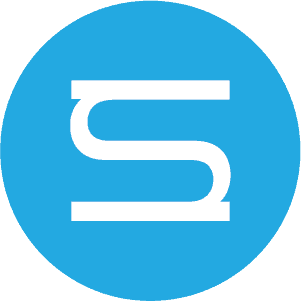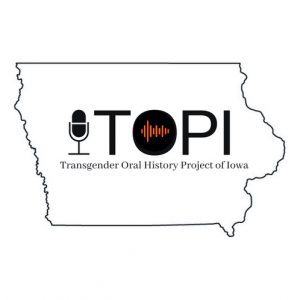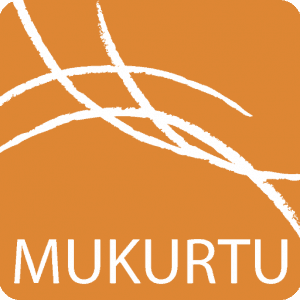As a summer fellow in the Digital Scholarship & Publishing Studio, I have focused on building the structure of a digital archive for the Transgender Oral History Project of Iowa (TOPI). The mission of TOPI is to recognize, collect, preserve, and celebrate the lives and stories of transgender and gender non-conforming people within the University of Iowa, Iowa City, and surrounding communities across the state of Iowa while simultaneously building an archive of transgender history in Iowa. A primary goal of the project is to empower transgender and gender non-conforming communities to collect and preserve their own histories by training trans-identified people in the methodology of oral history. The project also looks to the trans community in defining its content and the definition of its boundaries (participants, questions, etc.). To include trans people as both storytellers and interviewers engages the entire community in history-making regarding the creation of primary source materials. It also disrupts potential forms of oppression and violence trans people encounter when telling their stories to community outsiders.
A primary concern of TOPI is how to build an archive of oral histories, related documents, and ephemera that will not only preserve the histories of transgender and gender non-conforming people but also protect them. Protection is a vital component in the creation of this archive. Statistics show transgender people face high rates of discrimination that lead to police and community violence, both physically and mentally. The process of collecting and preserving the oral histories of transgender people potentially re-exposes them to former violence when information is first shared with and then accessed through the archive. For this reason, I am specifically interested in structuring TOPI’s digital archive practices in a way that keeps more sensitive information accessible to only the transgender community and restricts public access.
Currently, there is only one content management system for digital archiving that allows varying levels of access and community control, Mukurtu CMS. Mukurtu is an open access content management system for use by indigenous communities around the globe. With a purpose of empowering indigenous communities “to manage, share, and exchange their digitized cultural heritage,” the Mukurtu design team works directly with indigenous communities to create a platform that facilitates culturally relevant and ethical digital protocols. The strength of Mukurtu is the ability to provide granular level access to different user groups that access the digital archive. By grouping users into different protocols for viewing archival materials, privacy and protection can be designed into archives built on Mukurtu.
The first half of my time as a summer fellow has been focused on familiarizing myself with Mukurtu. By uploading various media types, defining different access protocols, and building communities on Mukurtu, I have been able to learn the ways Mukurtu functions and how an archived designed for indigenous communities can be utilized to fulfill the needs of the transgender community. The similarity between these archives meant for differing marginalized communities is the ability to control archival content, provide privacy and varying levels of access, and creating new practices for ethical digital archiving.
To keep up with TOPI as the project moves forward and the archive launches, follow us on Twitter @TransIowa. If you want to get involved in the project as an interviewer or interviewee, please email us at transoralhistoryiowa@gmail.com.
To follow my work in the realm of digital public history and community archive building follow me on Twitter @ambettine.
Aiden M. Bettine
Ph.D. Student in History
Master’s Student in Library and Information Science
The University of Iowa


